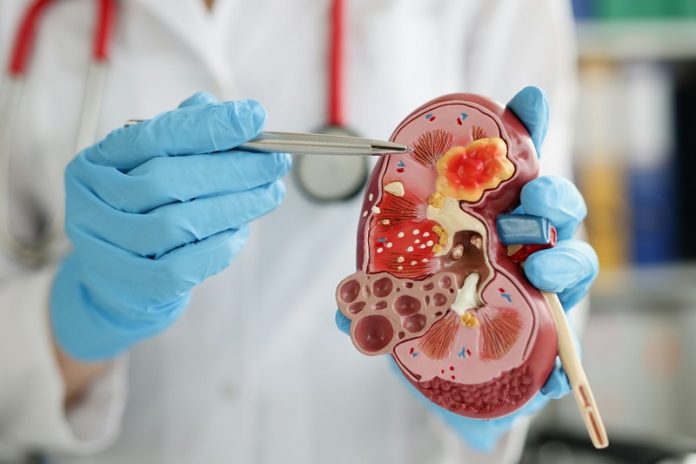
Kidney stones are small, hard crystals that form in the kidneys when certain minerals build up in the urine. They can cause a lot of pain, especially when they move through the urinary tract. Fortunately, research shows that what we eat and drink plays a big role in preventing kidney stones.
One of the best things you can do to prevent kidney stones is to drink plenty of water. Staying well hydrated helps dilute the substances in urine that lead to stones.
The more you drink, the less chance minerals have to stick together and form stones. Most doctors recommend aiming for at least 8–10 cups of water a day, and even more if you live in a hot climate or exercise often.
Certain foods are also known to help prevent stones. For example, fruits and vegetables that are high in water and citrate can reduce the risk of stone formation.
Citrate is a natural substance that helps prevent crystals from sticking together. Citrus fruits like lemons, oranges, and limes are especially helpful. Studies show that drinking lemonade or orange juice regularly can help lower the chances of developing stones.
Calcium-rich foods are important, too—but this may seem confusing. Many people think they should avoid calcium to prevent stones, but that’s not true. Getting enough calcium from food (not supplements) actually helps because it binds with oxalate in the intestines.
Oxalate is a compound found in many foods that can lead to kidney stones. When calcium and oxalate bind in the gut, they leave the body through stool instead of forming stones in the kidneys. Good sources of calcium include low-fat milk, yogurt, and cheese.
Eating enough fruits and vegetables in general also helps because they reduce the acidity of the urine. A more alkaline urine environment makes it harder for certain types of stones to form. Leafy greens (except spinach, which is high in oxalate), bell peppers, and cucumbers are good choices.
Whole grains like oats, brown rice, and whole wheat bread provide fiber, which can support kidney health and help reduce stone risk. On the other hand, diets high in sugar and salt can increase the risk.
Too much sodium (salt) causes the kidneys to excrete more calcium, which can lead to stone formation. Cutting down on processed foods, salty snacks, and fast food is a smart move.
Animal protein—such as red meat, poultry, and eggs—can also raise the risk of certain stones, especially uric acid stones. Eating too much protein increases acid in the urine and lowers citrate levels. That’s why many experts recommend limiting animal protein and eating more plant-based meals when possible.
Research from the National Institutes of Health and other major studies shows that a balanced diet—rich in fluids, fruits, vegetables, and whole grains—can reduce the risk of kidney stones. Following these guidelines not only protects your kidneys but also benefits your overall health.
In short, staying hydrated and eating the right foods can go a long way in keeping kidney stones away. Small changes in your daily habits can make a big difference over time.
If you care about kidney health, please read studies about pesticide linked to chronic kidney disease, and this drug may prevent kidney failure in people with diabetes.
For more health information, please see recent studies about drug duo that may treat kidney failure, and results showing these vegetables may protect against kidney damage.
Copyright © 2025 Knowridge Science Report. All rights reserved.



